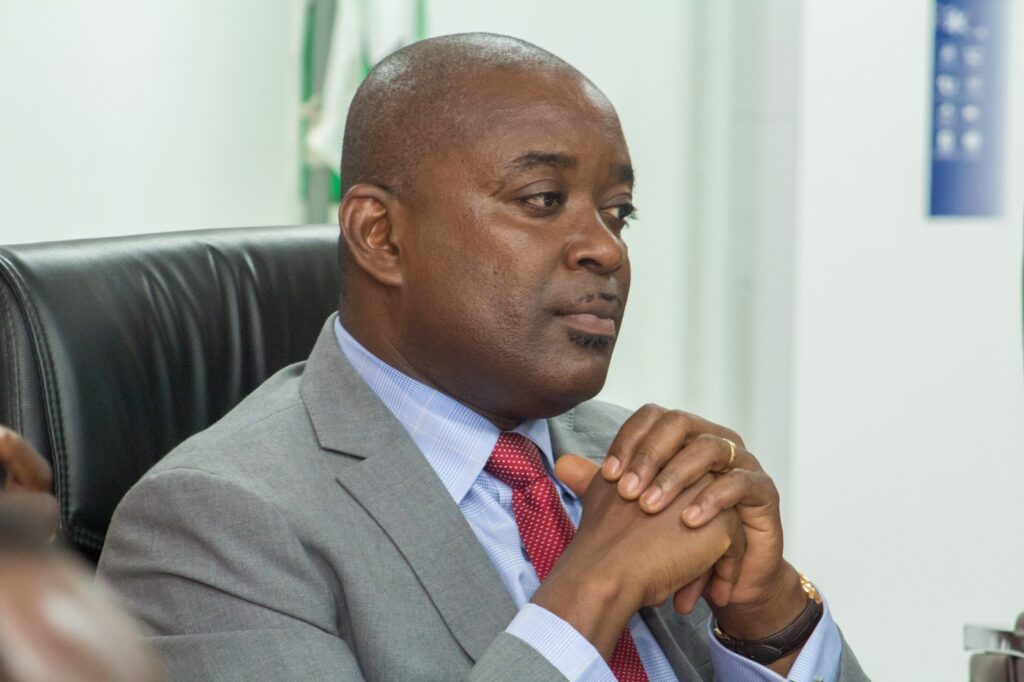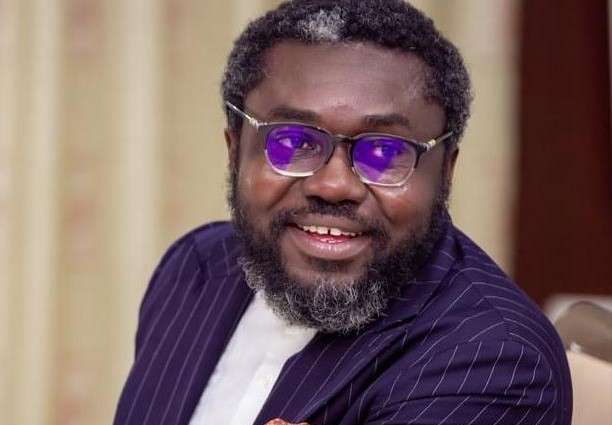Lawyer and activist Oliver Barker-Vormawor has taken issue with the Ghana Tertiary Education Commission (GTEC), warning that the regulator is overstepping its legal mandate in the ongoing controversy surrounding academic titles.
His criticism came after GTEC issued a statement discrediting the Deputy Minister of Health and Member of Parliament (MP) for Essikado-Ketan, Dr. Grace Ayensu-Danquah’s claim to being a professor, describing her use of the title as misleading.
According to Barker-Vormawor, the Commission has misunderstood the limits of its authority under the Education Regulatory Bodies Act. He stressed that GTEC’s legal role is to regulate tertiary institutions, monitor standards, and verify degrees when formally requested.
The activist argued that no part of the law gives the Commission the power to decide who qualifies as a professor, especially in cases where the appointment was made by a foreign university.
“There is no single international system for comparing professorships,” he explained, pointing out that in the United States both tenure-track and non-tenure-track appointees are called “Professor,” while in the UK, the title is reserved for only the most senior academic ranks. “To suggest that GTEC can apply a universal test is not just wrong, it misinforms the public.”
He further warned that creating a pretense of global uniformity in academic appointments amounted to “academic dishonesty of the highest order.”

The controversy was sparked when GTEC publicly rejected Dr. Grace Ayensu-Danquah’s claim to the title of professor. In a letter addressed to the Chief of Staff at the Presidency, GTEC said it had earlier requested her to provide documentary proof of her professorial appointment by August 11, 2025.
Her legal team, led by David K. Ametefe, submitted documents from the University of Utah, which stated that she had been appointed an Assistant Professor of Surgery.
However, the Commission countered that the university’s Vice Chair for Academic Affairs, Professor W. Bradford Rockwell, confirmed her position was that of an Adjunct Assistant Professor. GTEC concluded that the omission of the word “Adjunct” was misleading, explaining that in Ghana’s framework such an appointment equates to a part-time lecturer, not a professor.
“Based on the above, the Commission concludes that Dr. Grace Ayensu-Danquah does not hold the title of Professor in any capacity,” GTEC stated, adding that her employers must ensure she ceases presenting herself as such.
Barker-Vormawor’s Challenge to GTEC

For Barker-Vormawor, the Commission’s decision-making process raises deeper concerns. He argued that instead of basing its judgments on law and formal procedure, GTEC seems to respond to social media debates and public speculation.
“It is entirely different, and dangerous, for a regulator to pretend that an international standard exists when it does not”
Oliver Barker-Vormawor, Lawyer and Activist
He warned that such actions undermine public trust in the body tasked with safeguarding academic standards.
“Ghana deserves a regulator that acts with rigour, transparency, and fairness. If GTEC continues to stretch its mandate, operate without clear standards, and chase headlines instead of doing its job, it will damage not only its own reputation but also the very system it was created to protect”
Oliver Barker-Vormawor, Lawyer and Activist
In a sharp rebuke, Barker-Vormawor declared, “If I was Prof. Dr. Grace Ayensu-Danquah, I would sue them. In fact, I will gladly be her lawyer.” This is not the first time GTEC has faced scrutiny over its operations.
The Commission is already entangled in a defamation case involving Professor Edward Dua Agyeman, where under cross-examination its officials reportedly failed to demonstrate that they had carried out proper verification before casting doubt on his credentials. Barker-Vormawor highlighted this as another example of the Commission’s “shaky practices” when tested against the law.

He concluded by stressing the importance of integrity in academic regulation, insisting that regulators must not misrepresent facts while claiming to enforce standards. “You can’t claim to be checking academic dishonesty, while being neck deep in one,” he said.
The lawyer’s intervention underscores the wider implications of the dispute. GTEC was established to provide credibility and oversight in Ghana’s tertiary education system.
But Barker-Vormawor’s criticism highlights fears that if the Commission is perceived as politically motivated or careless in its processes, the public may lose confidence in its role altogether.
As the matter unfolds, the tension between regulatory authority and academic freedom continues to sharpen, with Barker-Vormawor insisting that Ghana’s educational system deserves far better.
READ MORE: Ecobank Group Hails Bosquet Investments’ Entry as Key Shareholder After Nedbank Exit



















